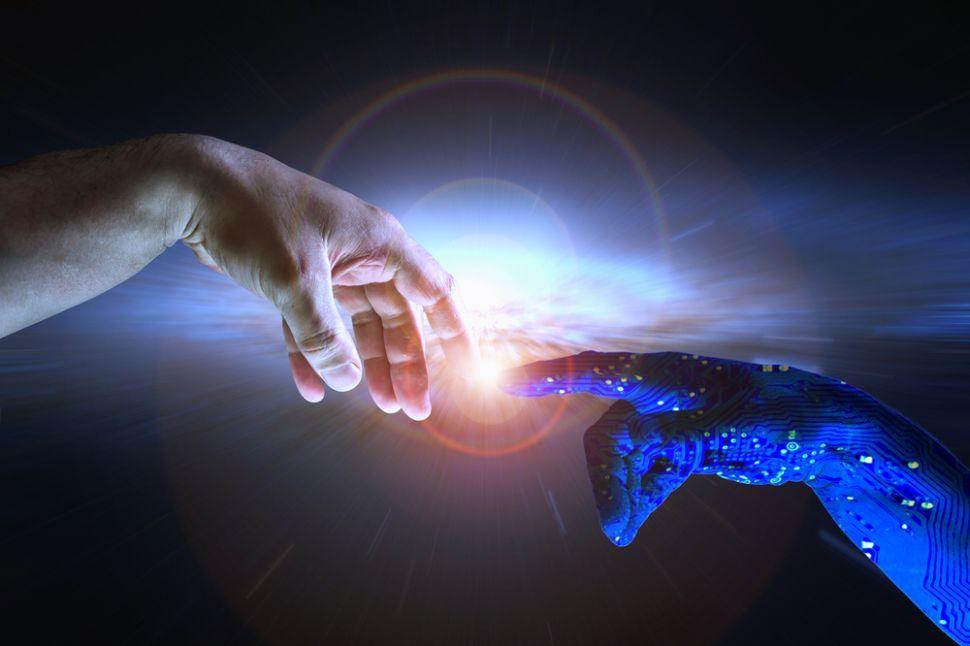
- Microsoft’s medical AI already outperforms experts in complex diagnoses
- Human supervision remains Microsoft’s response to fears about machine autonomy
- The promise of safer superintelligence depends on untested control mechanisms
Microsoft is turning its attention away from the race to build general-purpose AI toward something it calls Humanistic Superintelligence (HSI).
In a new blog post, the company described how its concept aims to create systems that serve human interests rather than pursuing unlimited autonomy.
Unlike “artificial general intelligence,” which some consider potentially uncontrollable, Microsoft’s model seeks a balance between innovation and human oversight.
A new approach to medicine and education
Microsoft says HSI is a purpose-driven, controllable form of advanced intelligence that focuses on solving defined social problems.
One of the first areas where the company hopes to demonstrate the value of HSI is medical diagnostics, with its diagnostic system, MAI-DxO, reportedly achieving an 85% success rate in complex medical challenges, surpassing human performance.
Microsoft argues that such systems could expand access to expert-level healthcare knowledge around the world.
The company also sees potential in education, envisioning AI companions that fit each student’s learning style, working alongside teachers to create personalized lessons and exercises.
It sounds promising, but it raises familiar questions about privacy, dependency, and the long-term effect of replacing parts of human interaction with algorithmic systems, and questions remain about how these AI tools will be validated, regulated, and integrated into real-world clinical settings without creating new risks.
Behind the scenes, superintelligence depends on huge computing power.
Microsoft’s HSI ambitions will depend on large-scale data centers packed with CPU-intensive hardware to process massive amounts of information.
The company acknowledges that electricity consumption could increase more than 30% by 2050, driven in part by the expansion of artificial intelligence infrastructure.
Ironically, the same technology that is expected to optimize renewable energy production is also increasing demand.
Microsoft insists that AI will help design more efficient batteries, reduce carbon emissions and manage energy grids, but the net environmental impact remains uncertain.
Mustafa Suleyman, head of AI at Microsoft, notes that “superintelligent AI” should never be allowed complete autonomy, self-improvement, or self-direction.
He calls the project “humanistic,” explicitly designed to avoid the risks of systems that evolve beyond human control.
His statements suggest growing unease within the tech world about how to manage increasingly powerful models, as the idea of containment sounds reassuring, but there is no consensus on how those limits could be imposed once a system is capable of modifying itself.
Microsoft’s vision for Humanistic Superintelligence is intriguing but unproven, and it remains uncertain whether it can deliver on its promises.
Follow TechRadar on Google News and add us as a preferred source to receive news, reviews and opinions from our experts in your feeds. Make sure to click the Follow button!
And of course you can also follow TechRadar on TikTok for news, reviews, unboxings in video form and receive regular updates from us on WhatsApp also.



